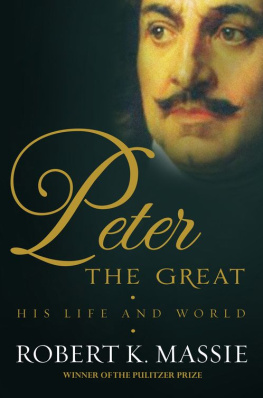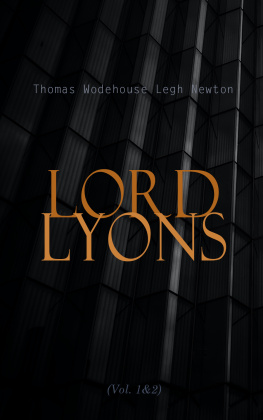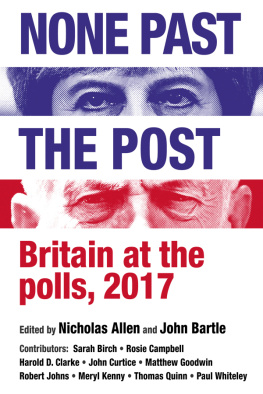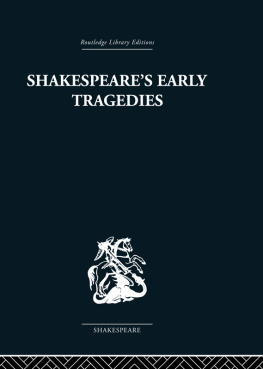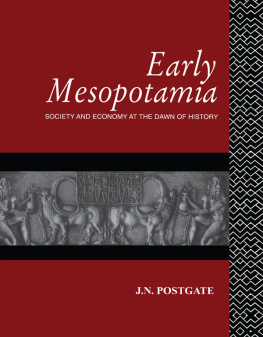
Passion, Persecution, and Epiphany in Early Jewish Literature
This volume examines Jewish literature produced from c. 700 B.C.E. to c. 200 C.E. from a socio-theological perspective. In this context, it offers a scholarly attempt to understand how the ancient Jewish psyche dealt with times of extreme turmoil and how Jewish theology altered to meet the challenges experienced.
The volume explores various early Jewish literature, including both the canonical and apocryphal scripture. Here, reference is often made to a divine epiphany (a moment of unexpected and prodigious revelation or insight) as a response to abuse, suffering, and passion. Many of the chapters deal with these issues in relation to the Antiochan crisis of 169 to 164 B.C.E. in Judea, one of the more notable periods of oppression. This watershed event appears to have served as a catalyst for the new apocalyptic texts which were produced up until c. 200 C.E. and which reflect a new theological dynamic in Judaismone that informed subsequent Christianity and Rabbinic Judaism.
Passion, Persecution, and Epiphany in Early Jewish Literature will be of interest to anyone working on the Bible (both Masoretic and LXX) and early Jewish literature, as well as students of Jewish history and the Levant in the classical period.
Nicholas Peter Legh Allen is a professor at the North-West University (Potchefstroom Campus), South Africa. He currently teaches ancient cultures. Nicholas is a confirmed transdisciplinarian and accordingly has authored and co-authored, inter alia, six books, more than a score of accredited articles, and numerous digital interactive publications on topics including African elephant conservation, sindonology, the history of optical technology, Judaica and early Christian Church history (specialising in Josephus Flavius). He is the originator of the photographic hypothesis for the manufacturing technique employed on the Shroud of Turin (1988).
Pierre Johan Jordaan is a professor at the North-West University (Potchefstroom Campus), South Africa. He is a founding member of the LXXSA (Association for the Study of the Septuagint in South Africa) and is currently co-leading SACRIA (Septuagint and Cognate Research in Africa) with Nicholas Allen. He has organised several workshops and conferences on the apocrypha/deuterocanonical and was instrumental in the subsequent publication thereof. He has published almost 60 papers in accredited journals and is a rated researcher in South Africa with the National Research Foundation. His particular interest is the Septuagint, specifically the books 2 Maccabees, Judith, and Susanna in the Additions to Daniel.
Jzsef Zsengellr is a professor and chair of Biblical theology and history of religions at the Theological Faculty of the Kroli Gspr University of the Hungarian Reformed Church in Budapest, Hungary. He is currently the Rector of the Kroli Gspr University. He is a Calvinist minister, Hebraist, and theologian. His main fields of research are the history, religion, and literature of the Samaritans; the religion and literature of early Judaism with a focus on the deuterocanonical literature; and the textual and canonical history of the Hebrew Bible / Old Testament. He is the author and editor of several books and has published more than 150 articles and papers in English, German, and Hungarian. He also serves as editor and staff of one international and three Hungarian journals (Biblische Notizen).
Passion, Persecution, and Epiphany in Early Jewish Literature
Edited by Nicholas Peter Legh Allen, Pierre Johan Jordaan, and Jzsef Zsengellr
First published 2020
by Routledge
2 Park Square, Milton Park, Abingdon, Oxon OX14 4RN
and by Routledge
52 Vanderbilt Avenue, New York, NY 10017
Routledge is an imprint of the Taylor & Francis Group, an informa business
2020 selection and editorial matter, Nicholas Peter Legh Allen, Pierre Johan Jordaan and Jzsef Zsengellr; individual chapters, the contributors
The right of Nicholas Peter Legh Allen, Pierre Johan Jordaan and Jzsef Zsengellr to be identified as the authors of the editorial material, and of the authors for their individual chapters, has been asserted in accordance with sections 77 and 78 of the Copyright, Designs and Patents Act 1988.
All rights reserved. No part of this book may be reprinted or reproduced or utilised in any form or by any electronic, mechanical, or other means, now known or hereafter invented, including photocopying and recording, or in any information storage or retrieval system, without permission in writing from the publishers.
Trademark notice: Product or corporate names may be trademarks or registered trademarks, and are used only for identification and explanation without intent to infringe.
British Library Cataloguing-in-Publication Data
A catalogue record for this book is available from the British Library
Library of Congress Cataloging-in-Publication Data
A catalog record for this book has been requested
ISBN: 978-0-367-36982-8 (hbk)
ISBN: 978-0-429-35226-3 (ebk)
Typeset in Times New Roman
by Apex CoVantage, LLC
Contents
NICHOLAS PETER LEGH ALLEN, PIERRE JOHAN JORDAAN, AND JZSEF ZSENGELLR
NICHOLAS PETER LEGH ALLEN
EUGENE COETZER
JOHANN COOK
CHRIS L. DE WET
JAN WILLEM VAN HENTEN
GIDEON R. KOTZ
MANITZA KOTZ
PIERRE JOHAN JORDAAN
STEVE MASON
FRIEDRICH VINZENZ REITERER
JOHAN STEENKAMP
LODEWYK SUTTON
JZSEF ZSENGELLR
Guide
Nicholas Peter Legh Allen is a professor at the North-West University (Potchefstroom Campus), South Africa. He currently teaches ancient cultures. Nicholas is a confirmed transdisciplinarian and accordingly has authored and co-authored, inter alia, six books, more than a score of accredited articles, and numerous digital interactive publications on topics including African elephant conservation, sindonology, the history of optical technology, Judaica and early Christian Church history (specialising in Josephus Flavius). He is the originator of the photographic hypothesis for the manufacturing technique employed on the Shroud of Turin (1988).
Eugene Coetzer is an extraordinary researcher at the North-West University and a post-doctoral fellow of the University of Kwa-Zulu Natal with a research focus on literary devices around religious innovation in the Apocrypha and the New Testament.
Johann Cook is an emeritus professor of the Department of Ancient Studies, University Stellenbosch. He was the first president of LXXSA and held the chair for the South African Society for Near Eastern Studies for two terms. He was the president of the International Organization for the Study of the Old Testament (20132016).
Pierre Johan Jordaan is a professor at the North-West University (Potchefstroom Campus), South Africa. He is a founding member of the LXXSA (Association for the Study of the Septuagint in South Africa) and is currently co-leading SACRIA (Septuagint and Cognate Research in Africa) with Nicholas Allen. He has organised several workshops and conferences on the apocrypha/deuterocanonical and was instrumental in the subsequent publication thereof. He has published almost 60 papers in accredited journals and is a rated researcher in South Africa with the National Research Foundation. His particular interest is the Septuagint, specifically the books 2 Maccabees, Judith, and Susanna in the Additions to Daniel.




